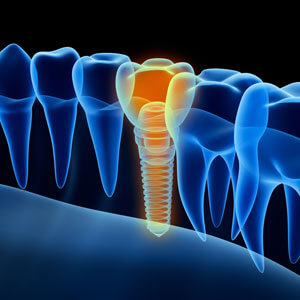 When Chatswood residents consider tooth replacement options, one of the most common questions is about longevity. Modern dental implants are designed to be a long-term solution, and understanding the factors that influence their lifespan can help you make an informed decision about your oral health.
When Chatswood residents consider tooth replacement options, one of the most common questions is about longevity. Modern dental implants are designed to be a long-term solution, and understanding the factors that influence their lifespan can help you make an informed decision about your oral health.
Understanding Implant Durability
Dental implants are crafted from biocompatible materials that integrate with your natural bone structure. Research shows that with proper care and maintenance, implants can serve patients effectively for decades. While the implant post itself can last a lifetime, the crown that sits atop it may need replacement after 10-15 years due to normal wear and tear.
Key Factors Affecting Longevity
Several factors influence how long your dental implants will last:
- Oral hygiene practices and regular professional cleanings
- The health and density of your supporting bone structure
- Your overall health and medical conditions
- Lifestyle choices, including smoking and dietary habits
- Regular dental check-ups to monitor implant health
Maintaining Your Investment
At Chatswood Dental Associates, we emphasise the importance of proper implant maintenance. This includes:
- Thorough daily cleaning with appropriate tools
- Regular professional examinations and cleanings
- Protecting your implants from excessive force or grinding
- Addressing any concerns promptly to prevent complications
Signs That Need Attention
Being aware of potential warning signs can help ensure your implants’ longevity. Contact us at Chatswood Dental Associates if you notice:
- Discomfort or pain around the implant site
- Changes in how your bite feels
- Swelling or bleeding in the surrounding gum tissue
- Any movement in the implant or crown
With proper care and regular maintenance, dental implants can provide decades of reliable function and natural-looking aesthetics. Regular check-ups with Chatswood Dental Associates help ensure their longevity and address any concerns before they become significant issues.
* Any surgical or invasive procedure carries risks. Before proceeding, you should seek a second opinion from an appropriately qualified health practitioner.
